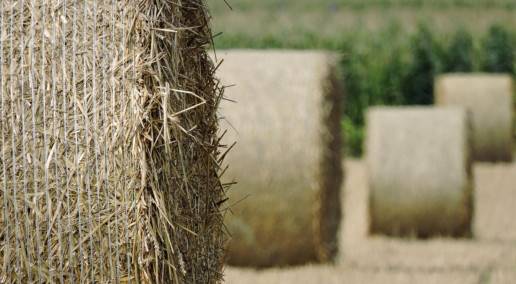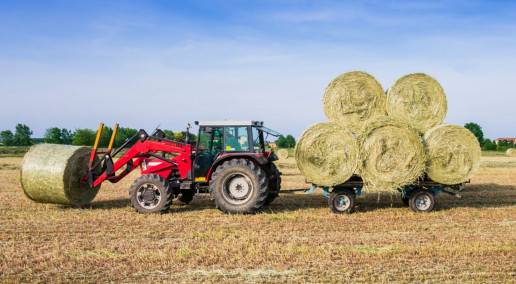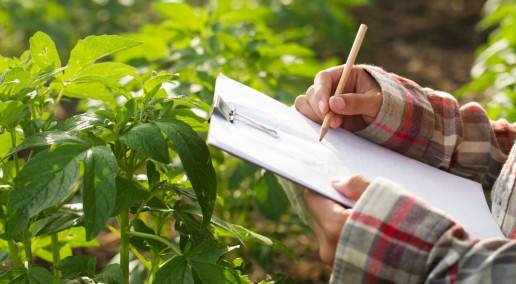During the session, Act for a Sustainable Agriculture, Marie-Hélène April from the Ministère de l’Agriculture des Pêcheries et de l’Alimentation in Quebec (MAPAQ) presented the Quebec forage sector’s goals.
Her presentation looked at the challenges and opportunities faced by the Quebec forage sector, how it currently contributes to the economy as a whole, as well as, the challenges it currently faces to making a greater economic impact. The Quebec forage sector has a goal to adopt agroecological practices in agriculture. They want to do the following to achieve this:
- reduce pesticide use by 500,000kg, reducing 40% of risks to the environment
- improve soil health and conservation, and increase winter cropland cover and soil organic matter in Quebec soils
- decrease fertilizer use by 15%
- manage water quality, improve benthic quality by 15%, and reduce phosphorus levels by 15%
- improve biodiversity and double both riparian and windbreak areas
Achieving these goals will contribute to the economy, help solve challenges faced by the Quebec forage sectors, and limit environmental risk.
Over 200 researchers in Quebec are currently involved in moving these goals forward and developing knowledge through research partnerships. Recognizing the importance of ongoing learning, there is training for producers.
Agricultural practices need to recognize environmental efforts by producers and adopt agroecological practices. Quebec is currently fine-tuning a pilot program collaborating with 700 producers related to soil health and biodiversity that is expected to be released in 2022.
Agrologists will measure the adoption of agroecological practices and transfer knowledge using models that bring together producers and MAPAQ.
Twenty-seven groups in various sectors can help implement each of the goals according to their own sector priorities. they can also help by including specific commitments related to forage production, forage land use, perennial forages and introducing forage in crop rotations. Regional action plans also exist to integrate activities to foster these goals.
Besides corn silage, Quebec sees an evolution of forage plant mixes. Alfalfa and timothy have dominated, but with climate change there is a shift towards alfalfa and brome or other species with alfalfa.
Back to Grace



Leave a Comment